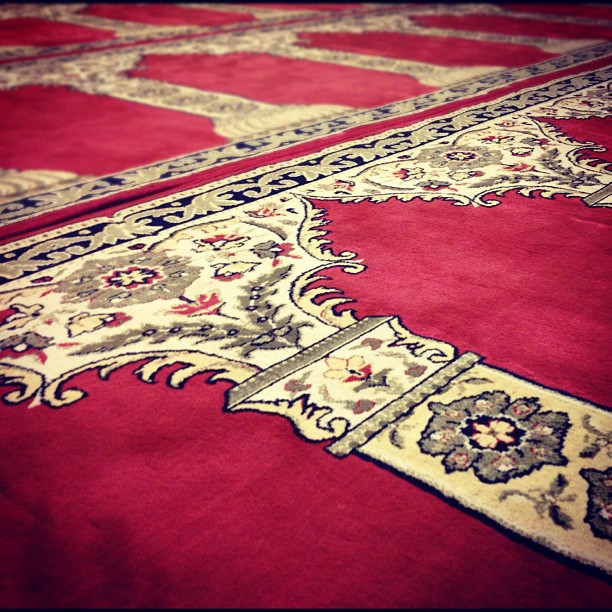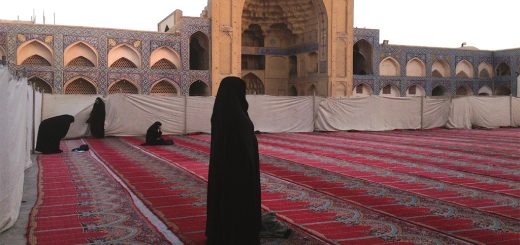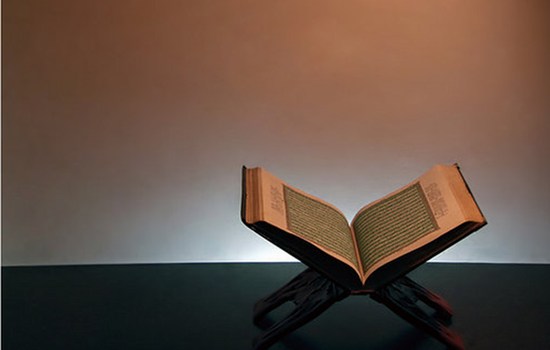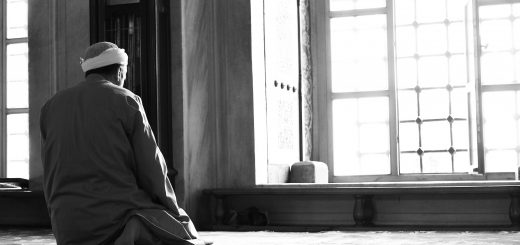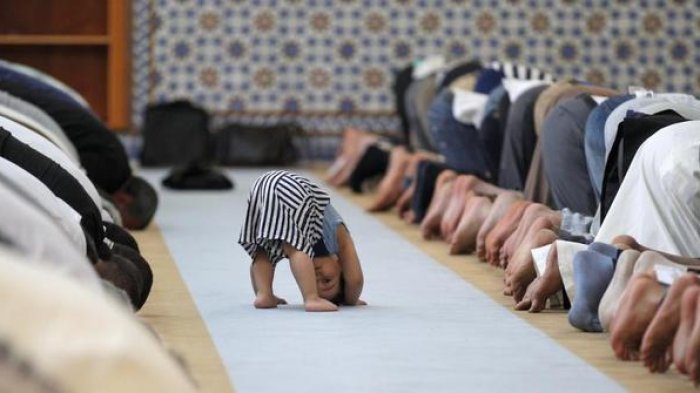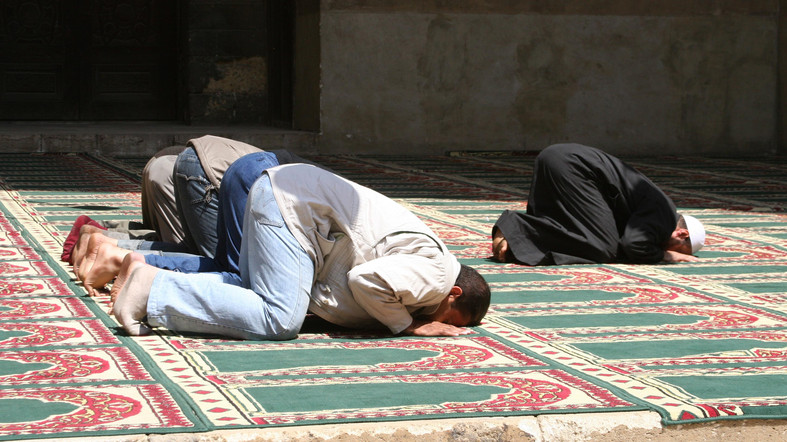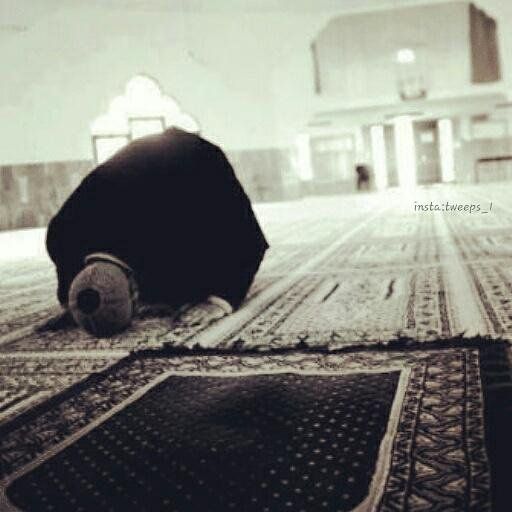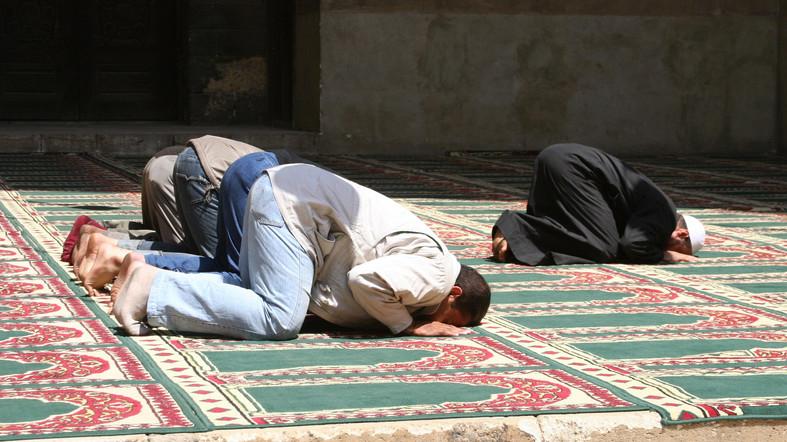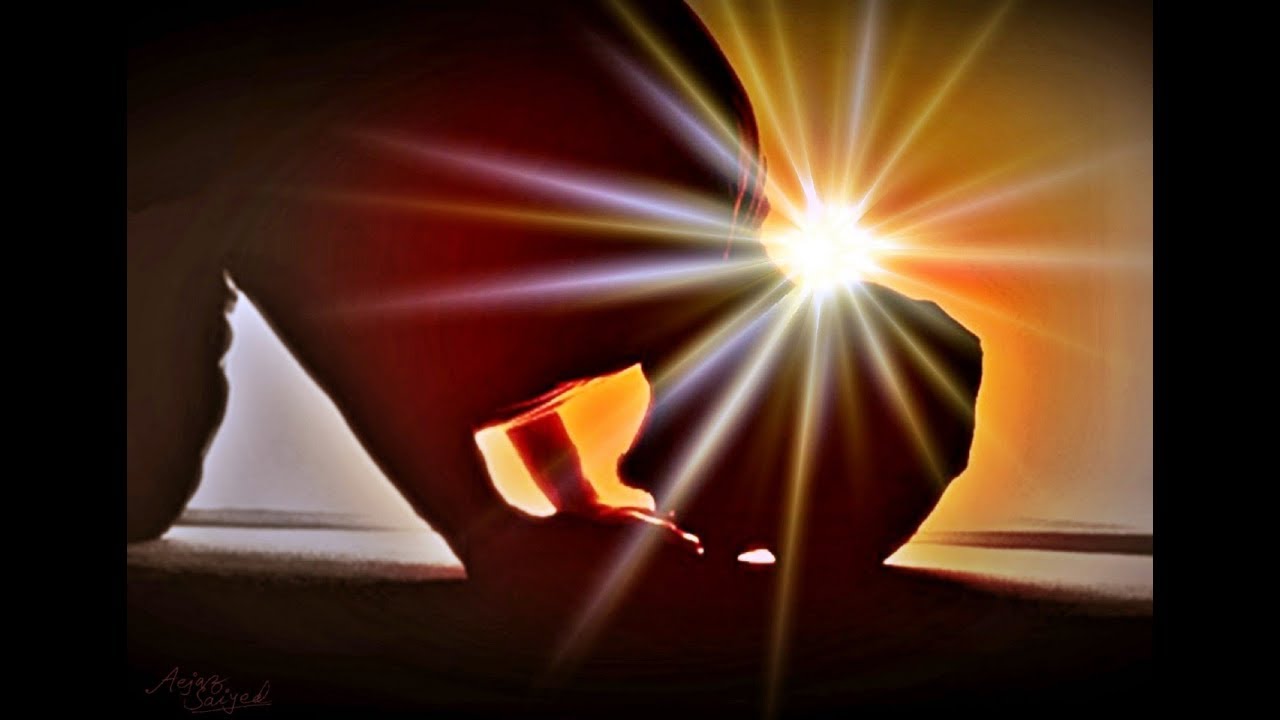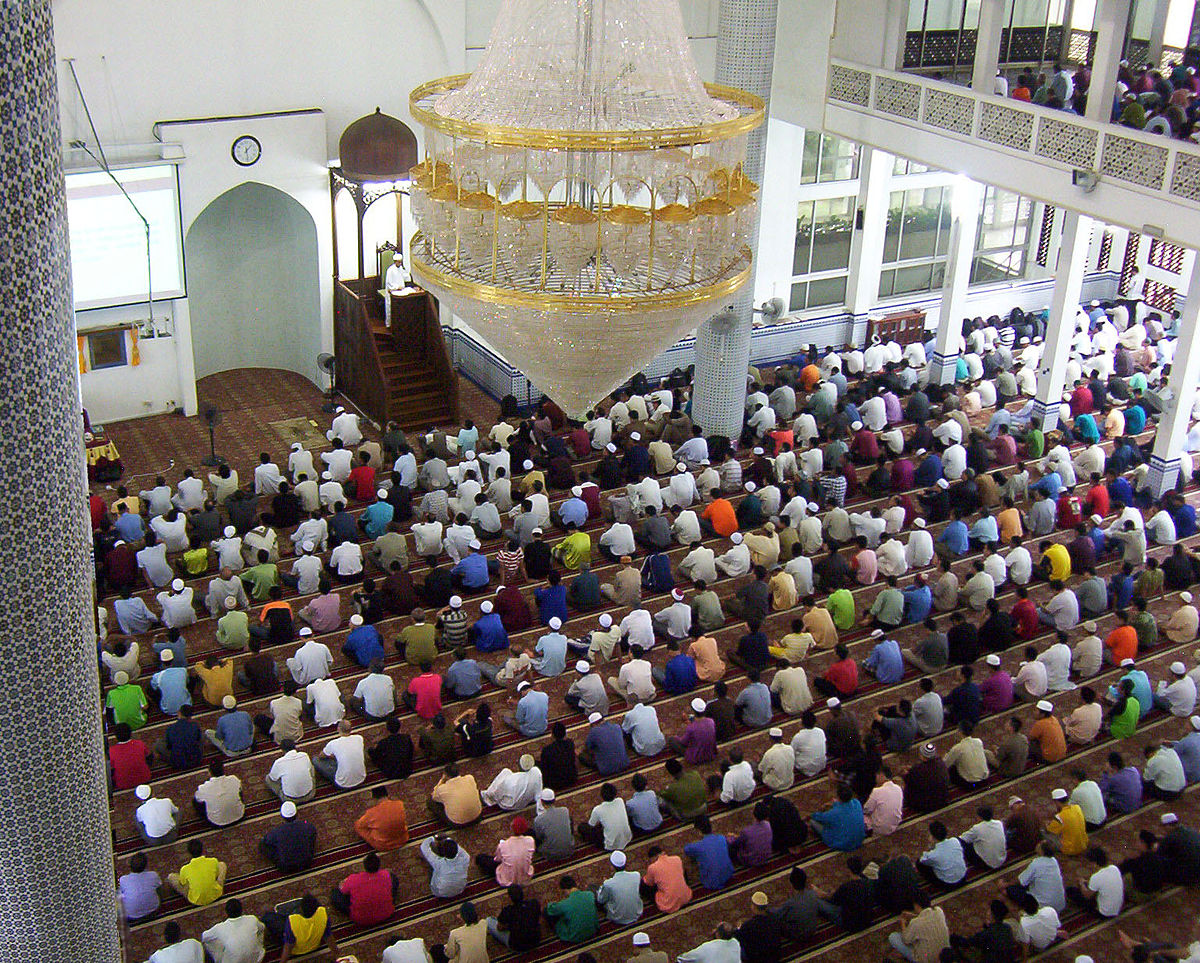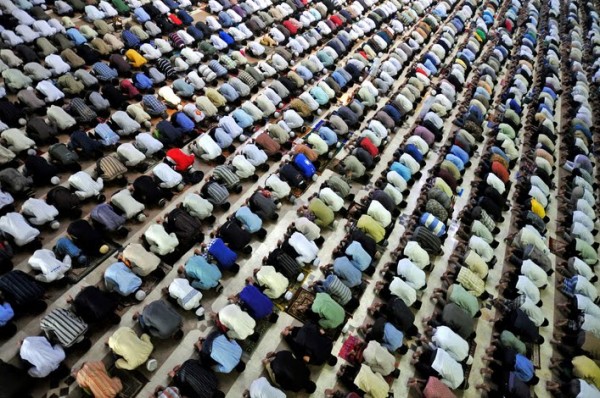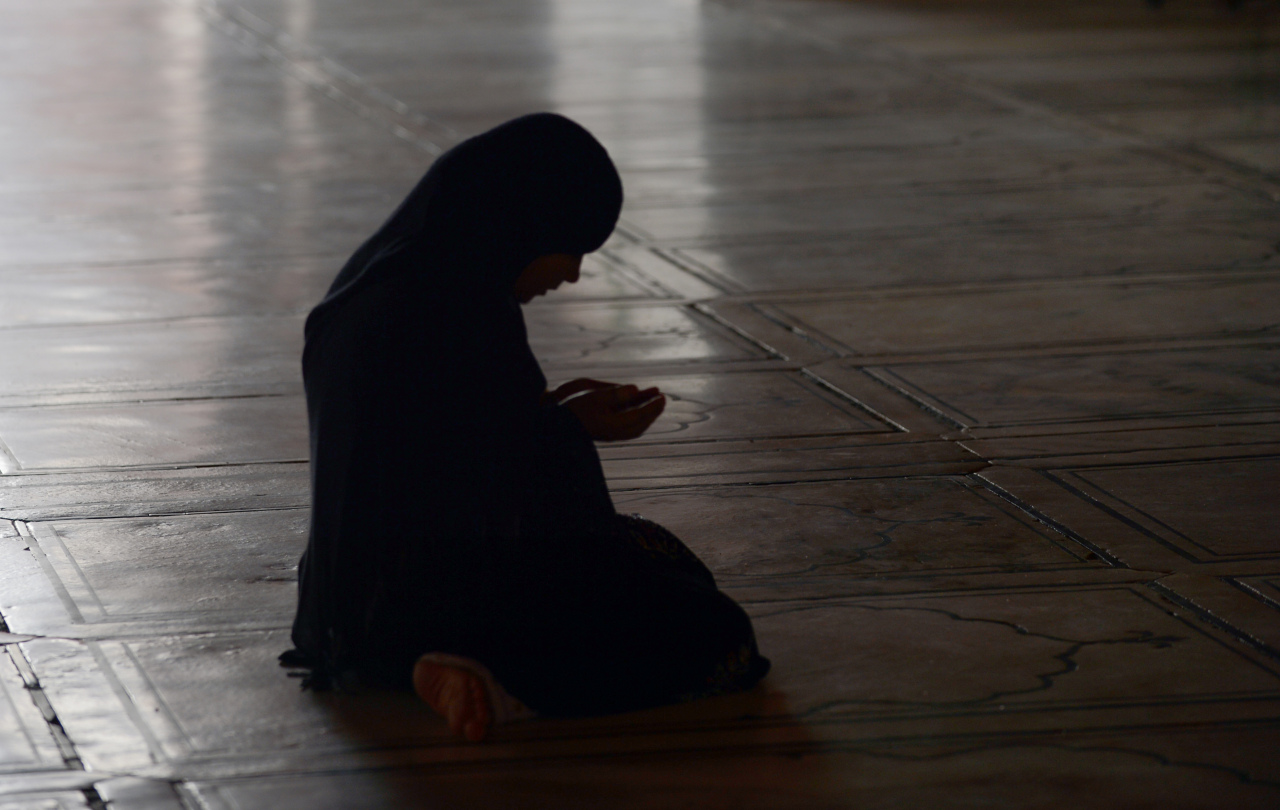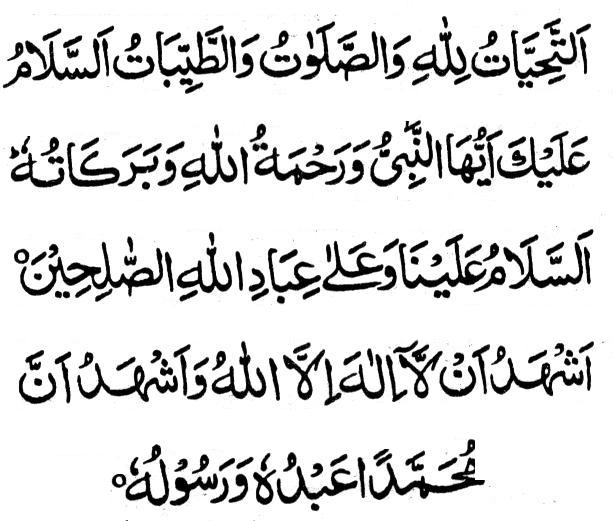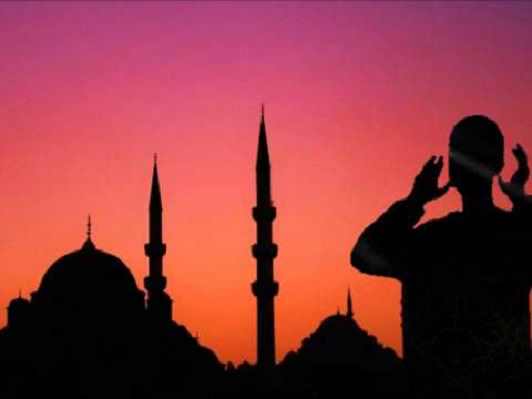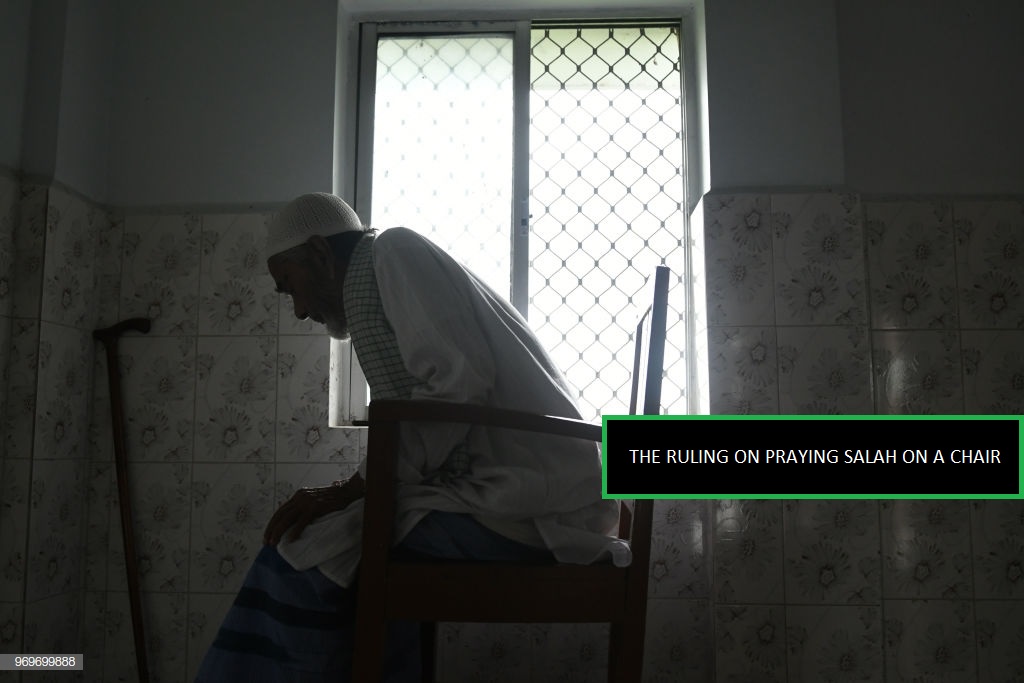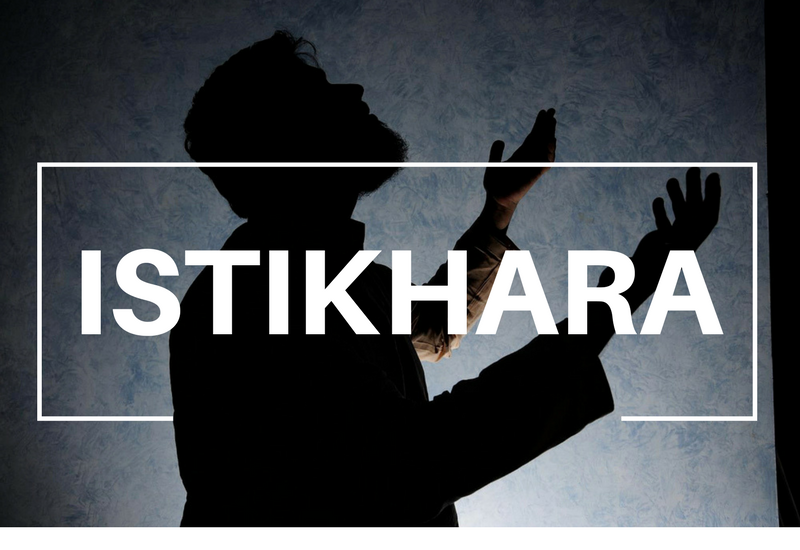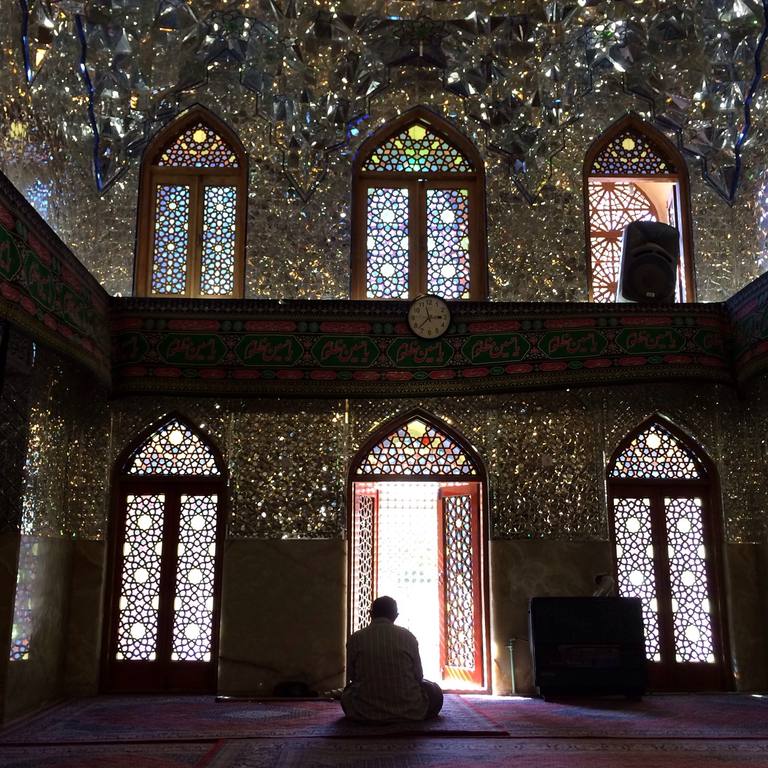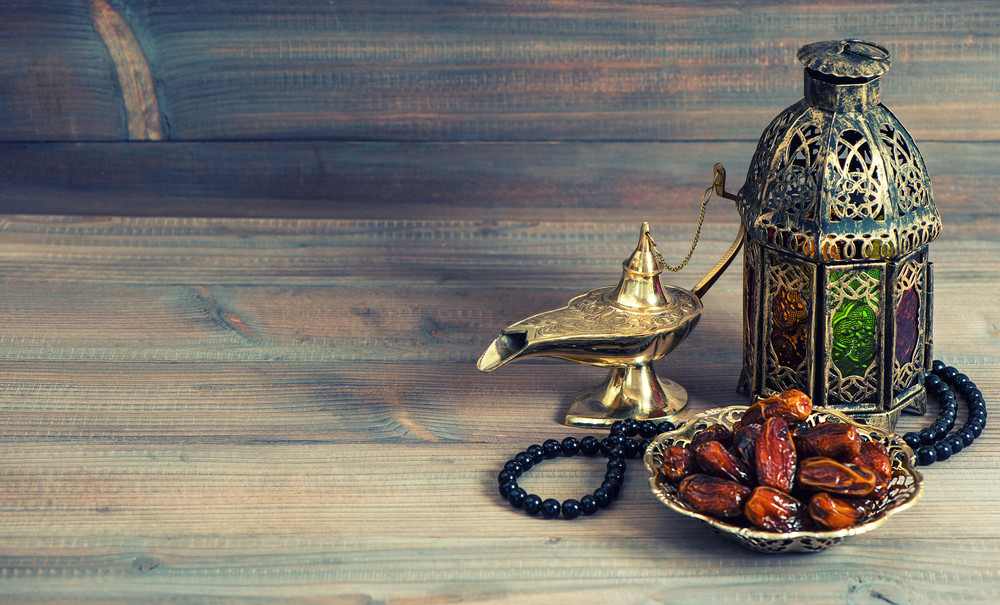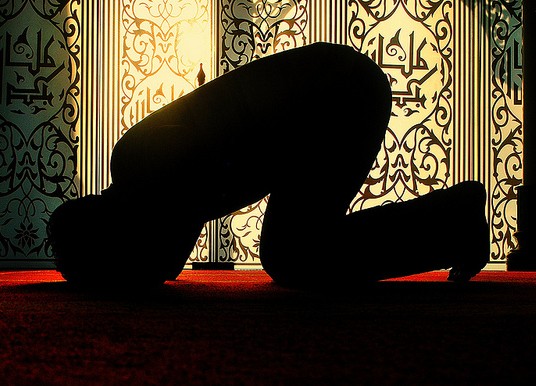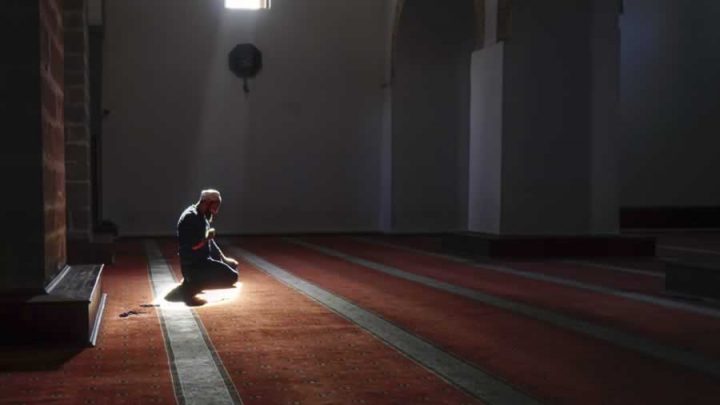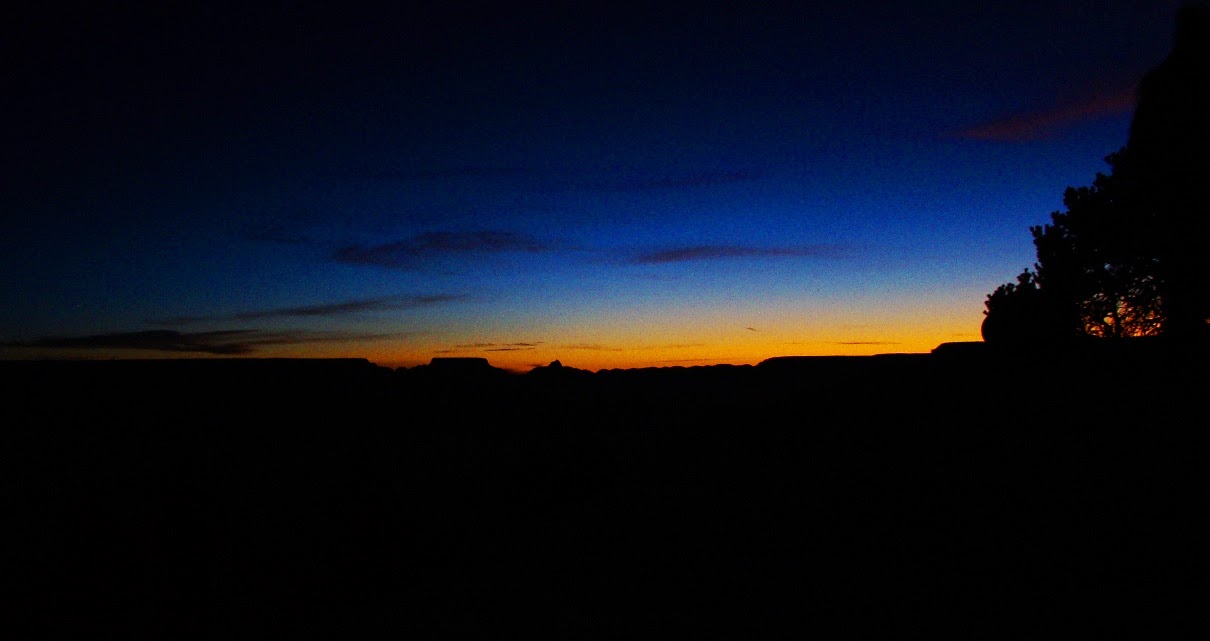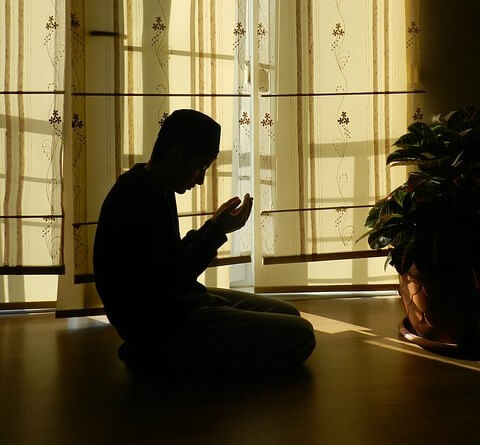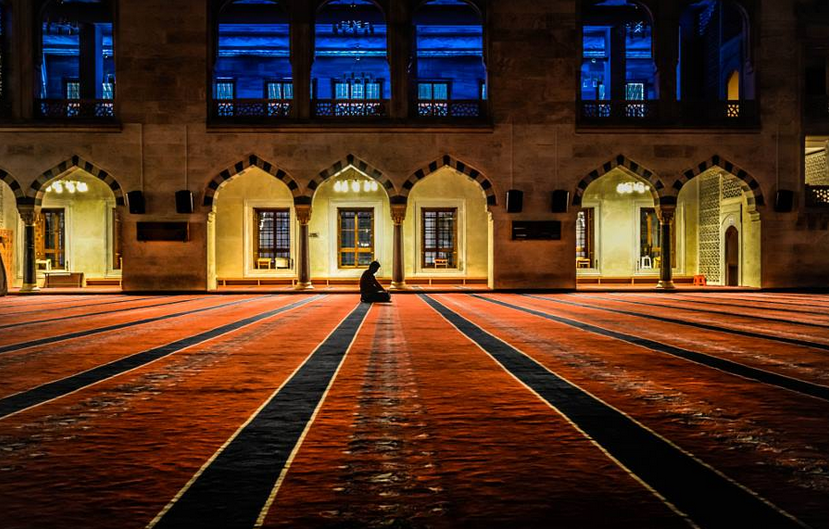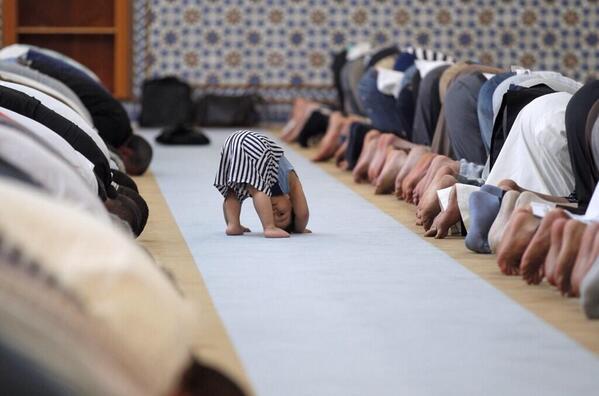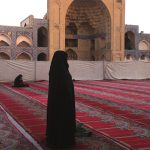QUESTION:
What do the scholars of the Din and the muftis of the Sacred Law say regarding this matter: After the congregation of the Fard prayer some men in the masjid recite Kalimah sharif and Durood sharif (salawat) loudly and some recite Istighfaar. And some men do not recite anything rather they insist on the dua being performed straight after the congregation. I am confused as to why there is a difference whereas they are all Sunni Mosques. If you answer this, I will be extremely grateful.
Questioner: Hashim from London, UK
ANSWER:
بسم اللہ الرحمن الرحیم
الجواب بعون الملک الوھاب اللھم ھدایۃ الحق والصواب
After performing the congregation prayer, to recite dhikr loudly, meaning (loudly) reciting Kalimah and Istighfaar, is permissible, on the condition that any person praying salah is not disturbed by it (loud dhikr) as well as it not causing any harm to any patient or sleeping person.
In this manner Sayyidi A’la Hazrat Imam e Ahle Sunnat Imam Ahmad Rida Khan (May Allah envelop him in His Mercy) gave this type of answer to a question similar to this one.
“To perform Dhikr (remembrance of Allah Azzawajal) loudly is permissible, as long as it is not done out of ostentation (showing off), nor does it cause any harm to a person reading salah or an ill-person or any sleeping person, nor does it go against any Shari’ reason. Like this, reciting Durood Sharif loudly is permissible and rewarding act (Mustahabb).”
[Fatawah e Ridawiyyah, Volume 6, page 234]
Those respected Sunni brothers who, after congregational prayer (Jamaat), recite Dhikr loudly, keeping in mind these above-mentioned conditions, are permitted to do so. Furthermore, they are definitely already keeping these conditions in mind when they do dhikr loudly.
Those respected brothers who do not recite the article of faith (kalimah tayyibah) after congregation salah loudly nor do they do any such dhikr (after jamaat) then they avoid doing this out of precaution, so that they do not cause any disturbance in the one praying salah. Hence the actions from both parties/sides will be considered/looked at via their virtuous intentions.
واللہ تعالی اعلم ورسولہ اعلم صلی اللہ علیہ وآلہ وسلم
کتبہ ابو الحسن محمد قاسم ضیاء قادری
Answered by Mufti Qasim Zia al-Qadri
Translated by Bilal Shabir
Read the original Urdu answer here: [Q-ID0637] What should be recited after the congregation prayer – dhikr, durood sharif or remain silent?
